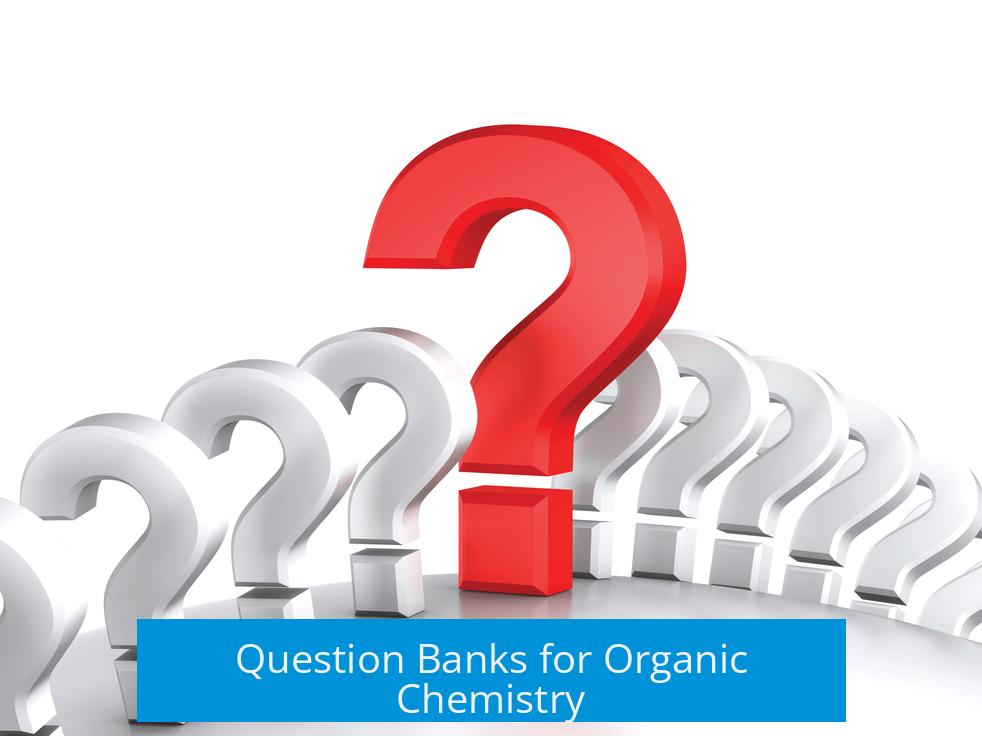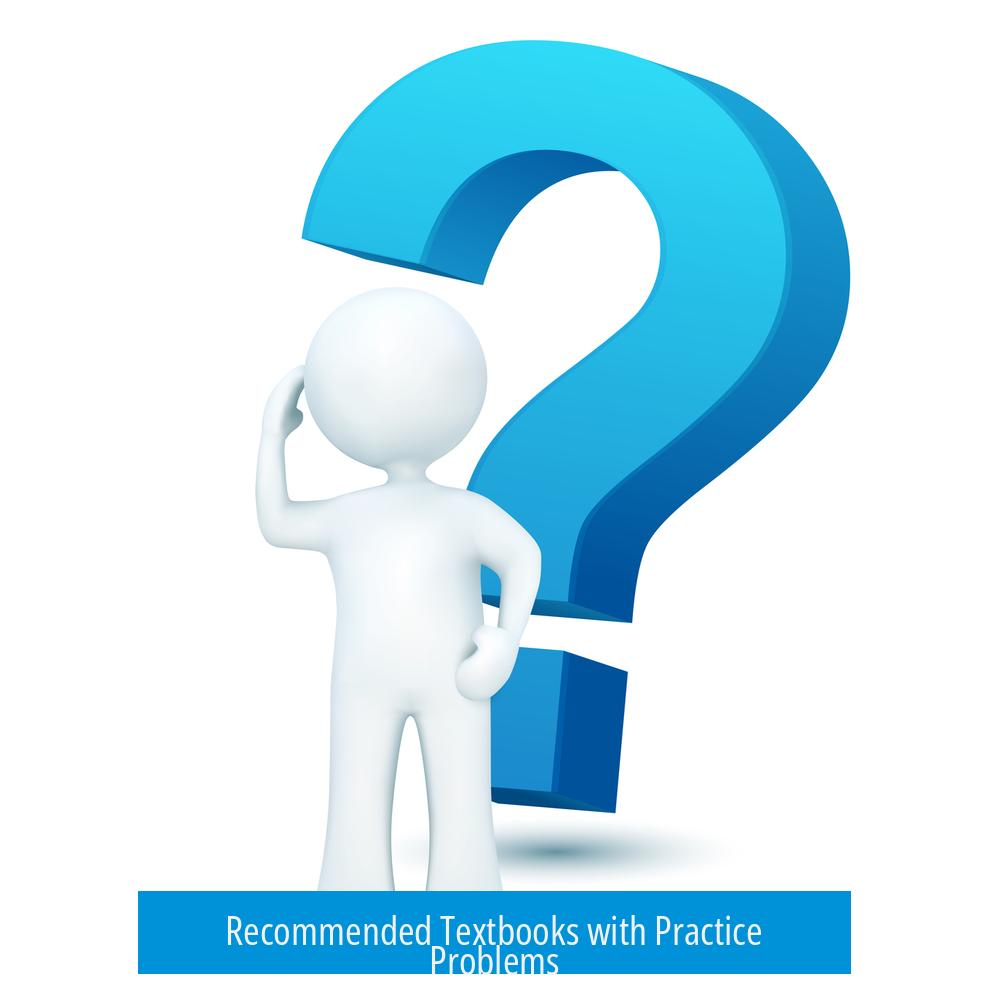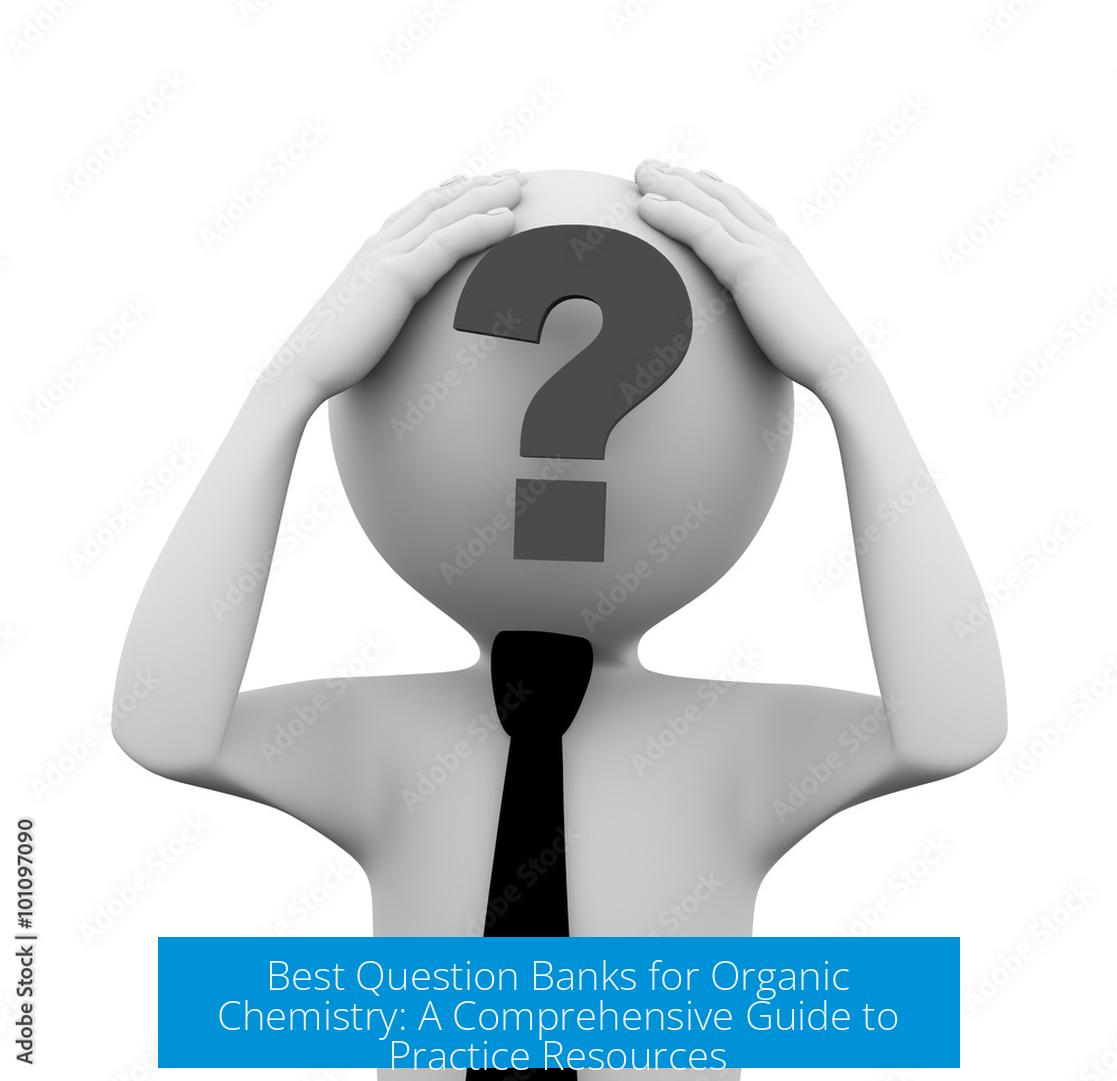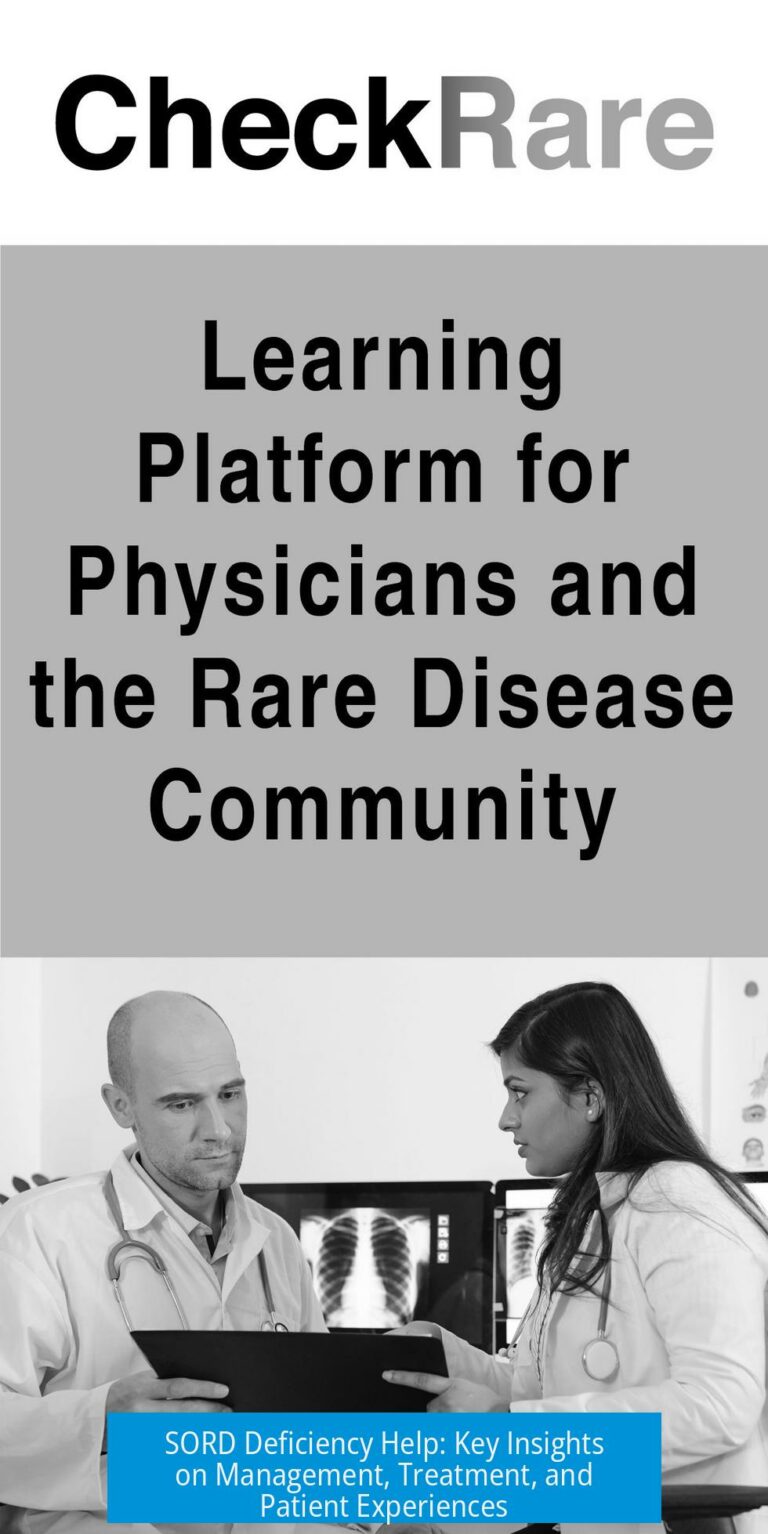Question Banks for Organic Chemistry

Effective question banks for organic chemistry combine textbooks, online resources, and institutional practice problems to reinforce learning and problem-solving skills. These resources include recommended textbooks with exercises, dedicated online question banks, and freely accessible practice problems from colleges.
Recommended Textbooks with Practice Problems

- Klein’s Organic Chemistry: This textbook offers extensive explanations and numerous practice problems. The companion book, Organic Chemistry as a Second Language, provides clear conceptual overviews and exercises, although some view it as commercially driven.
- McMurray’s Organic Chemistry (10th Edition): The 10th edition provides a more accessible and organized approach to concepts and problems compared to other texts.
- OpenStax Organic Chemistry: A free, open educational resource that many find helpful despite some criticism.
Many of these texts, especially Klein’s, are available online as PDFs through digital libraries such as Z-Library. Users should verify authenticity via credible sources like the Z-Library Reddit community to avoid scams.
Online Question Banks and Practice Problems
- Organic Chemistry Tutoring offers a selection of practice problems with answers, though the quantity is limited.
- Various college websites host topic-specific practice problems. A strategic Google search using terms like “topic practice problems edu” can uncover many useful resources freely available for study.
- The Chemistry by Design website features a total synthesis challenge, which can help apply knowledge in a practical context, though it is not a formal tutorial or class.
Tips for Maximizing Practice
- Combine multiple sources to cover a broad range of organic chemistry topics and problem types.
- Focus on problems that include solutions or explanations to enhance understanding.
- Use free online resources alongside textbooks to access updated practice materials.
- Participate in study groups or forums to discuss challenging questions and concepts.
Key Takeaways
- Recommended question banks include Klein’s and McMurray’s textbooks, along with OpenStax.
- Online resources like Organic Chemistry Tutoring and college websites offer additional practice problems.
- Careful selection and authentic access to materials enhance learning quality.
- Combining textbook exercises with online questions supports mastery of organic chemistry concepts.
Discovering the Best Question Banks for Organic Chemistry: Your Ultimate Guide
Looking for question banks for organic chemistry? Your search ends right here. Organic chemistry, with its complex reactions and hefty memorization, can feel like cracking a secret code. Students often find themselves hunting for solid practice problems and reliable question banks that make learning efficient and even enjoyable. But where do you find resources that *actually* help and steer clear of frustration?
Let’s dive in and explore a treasure trove of recommendations, resources, and tips tailored for organic chemistry enthusiasts and learners. By the end, you’ll be armed with practical tools, trusted study guides, and some insider knowledge on where to get authentic materials.
Klein’s Organic Chemistry: A Goldmine of Practice Problems
If you ask seasoned organic chem students about question banks, Klein’s Organic Chemistry and its companion, Organic Chemistry as a Second Language, come up front. These books pack a punch with clear explanations and a mountain of practice problems that conquer tricky topics step by step.
Klein’s approach breaks down reactions and mechanisms in a way that feels relatable, almost like having a patient tutor beside you. The second language book, in particular, targets problem-solving skills, making it a favorite among students who prefer practice over theory alone.
Wondering about costs? Here’s the insider tip: you can find a free PDF of Klein’s second language book on the authentic Z-library site. A quick Reddit search for “Z-library authentic links” can point you there safely. Just be cautious—stick to verified sources to avoid scams.
A caveat—while Klein’s “second language” book is a winner for practice problems, the publisher’s system for access can feel like a cash grab; watch out for those pricey add-ons. The original textbook, however, remains a solid investment due to its thorough examples and well-structured questions.
McMurray’s Organic Chemistry, 10th Edition: Clarity Meets Quality
Another heavyweight in the ring is McMurray’s Organic Chemistry 10th Edition. This edition shines for its clarity, a quality that many students crave. It’s like having a friendly professor make sense of complicated stuff right at your desk.
McMurray’s book might not be bursting with as many practice problems as Klein’s second language, but it delivers well-crafted questions that reinforce concepts effectively. This book finds the sweet spot between comprehensive content and digestibility.
OpenStax Organic Chemistry: The Freebie You Shouldn’t Ignore
For the budget-conscious, the OpenStax Organic Chemistry textbook is often overlooked or doubted. But why? It offers a solid free resource with reasonable coverage and practice problems. While it might not have the flair of Klein or McMurray, it’s a great starting point or supplementary material.
If you’re skeptical about online free textbooks—understandably so—OpenStax carries the credibility of being institutionally supported and regularly updated, sparing you the worry of buggy or outdated content.
Online Question Banks: Beyond Textbooks
Textbooks are fantastic but let’s face it: Question banks online can speed up your practice and bring variety.
Try Organic Chemistry Tutoring Practice Problems. This resource offers carefully crafted problems complete with answers—perfect for self-checking. Though they admit the collection isn’t huge yet, quality trumps quantity, right?
College websites are another underrated jackpot. Searching for “topic practice problems edu” on Google opens doors to countless specialized quizzes and downloads. Universities often share old exam questions and problem sets that mirror the level of difficulty found in your own courses.
Further, the Chemistry by Design site offers a unique twist—total synthesis challenges. It’s like assembling a molecular jigsaw puzzle, combining known reactions into a synthesis pathway. While it’s not structured as a standard tutorial or course, it pushes your knowledge into a real-world application mode. Fancy a challenge beyond rote memorization? This is it.
Practical Tips: Getting the Most from Question Banks
- Mix and match resources: Don’t just stick to one book or website. Variety helps you encounter multiple question styles and pushes your thinking.
- Regular intervals: Practice consistently, even short daily sessions outperform cramming.
- Active recall: After solving problems, close the book and explain answers aloud. Teaching yourself is a fail-safe learning hack.
- Use answer keys smartly: Don’t just peek. Try to solve first, then check reasoning to understand mistakes.
- Join forums or study groups: Reddit and other platforms often have threads dedicated to Klein and McMurray users sharing tips and supplementary problems.
Summary: What’s Your Organic Chemistry Study Game Plan?
When it comes to question banks for organic chemistry, the robust answer is a blend of trusted textbooks and rich online resources. Klein’s books, especially Organic Chemistry as a Second Language, stand out for their depth and practice problem treasure trove. McMurray’s 10th edition offers clarity, and OpenStax provides accessible free content. Coupling these with online problem sets, like those from organicchemistrytutoring.ca and college websites, rounds out your arsenal.
Don’t overlook challenge-based sites like Chemistry by Design, which sharpen your synthesis skills in nontraditional ways. The key: keep practicing, ask questions, and stay curious. After all, organic chemistry is less about memorizing and more about understanding the language molecules speak.
So, what’s your next step? Grab a Klein book or head over to a trusted online source. Dive in with purpose, and watch those complex reactions start making sense.
Feeling overwhelmed is normal, but with these carefully curated question banks, organic chemistry becomes less of a monster and more of a puzzle waiting to be solved.





Leave a Comment